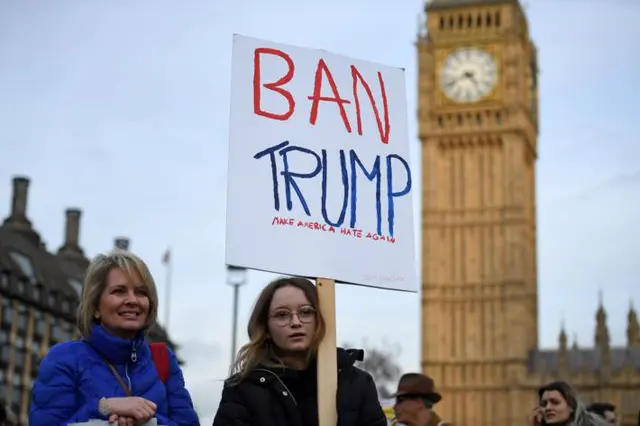Japan's economy contracted for a second successive quarter, the government said Monday, with the nation now being in a technical recession upping the certainty that Prime Minister Shinzo Abe will delay a planned consumption tax hike which will necessitate dissolving the lower house of parliament and calling a general election.
The Cabinet Office said in a report Monday that the nation's gross domestic product shrank an annualized 1.6 percent in the three months through September, in stark contrast to median economists' expectations for the economy to grow 2.2 percent.
The latest GDP data for Q3 follows a revised 7.3 percent contraction in the previous quarter, meaning that Japan has now officially entered a technical recession. The world's third- largest economy has contracted an annualized 3 percent on an unadjusted basis and the affects of April's first tax hike from 5 to 8 percent are still very much resonating, leading economists said.
"April's sales tax completely destroyed Japan's economy -- no part of Japan's economy looks encouraging. Today's data will leave another traumatic memory for Japanese politicians about sales tax hikes," Yoshiki Shinke, chief economist at Dai-ichi Life Research Institute, was quoted as saying.
Abe, currently on a week-long tour that has seen visits to global meetings in Beijing and Australia, had previously said that Monday's GDP figures would be key in deciding whether or not to forge ahead with an unpopular second consumption tax hike from 8 to 10 percent, originally scheduled for October next year.
But now it is increasingly likely that he will delay the second tax hike until April 2017, according to sources familiar with the matter, with his corresponding decision to dissolve the lower house of parliament likely to be announced on Tuesday and actioned on Wednesday or Friday, pending two important bills that the government needs to pass in the current Diet session.
Those with knowledge of the matter have also said that the prime minister will likely call a snap-election with voting to take place on Dec. 14, as the first tax hike in April hit the economy hard due to waning consumer demand, corporate investment, industrial production and a stark drop in the nation's key exports.
The poor performance of the economy has caused leading economists to question the efficacy of the "Abenomics" brand of aggressive economic policies and structural reforms, which showed a great deal of early promise, but floundered under the burden of the April tax hike, with the economy already buckling under the strain of rising social security costs due to a rapidly aging society and public debt that stands at twice the size of the economy and the highest in the industrialized world.
Although exports, Japan's major economic lifeline, have staged a minor rebound according to the latest figures, the broader economic picture painted by today's results continues to be bleak, with the Cabinet Office also saying Monday that on a quarter-on- quarter basis, the economy shrank 0.4 percent in Q3, compared to median forecasts for growth of 0.5 percent, with the fall following a revised 1.9 percent slide in the April-June period.
Capital expenditure, which comprises around 60 percent of Japan 's entire economy, rose a far-less-than-expected 0.4 percent in the recording period, from the previous quarter, the government's statistics also revealed, in a sign that spending continues to be weak in the wake of the April tax hike.
With capital expenditure also retreating 0.2 percent, compared to median analysts' expectations for a 0.9 percent increase, Abe is left with no choice but to delay the tax hike, leading economists have maintained, and in the meantime roll out new stimulus measures to underpin the economy and shore up public support, before the second tax hike in 2017.
In fact, economic adviser to Abe, professor Etsuro Honda, said recently that the next tax hike should be delayed until April 2017 to avoid hurting consumer spending. Specifically, Honda said that if GDP growth for Q3 came in at less than 3.8 percent then value- added tax increase is "out of the question."
Ruling Liberal Democratic Party lawmakers in favor of delaying the tax hike have said that in theory the delay could free up around 4.6 trillion yen that the government could use for economic stimulus and add roughly 0.5 percent to growth.
Lower House lawmaker, Kozo Yamamoto, has said that the 0.5 percent growth if the delay is effected, would, theoretically, have a bigger impact on the amount of tax raised than increasing the levy altogether, and could be a safeguard against yet another economic contraction.
The implications for Abe and the LDP, henceforth, following the nation's retreat into recession, will become clearer following the prime minister's decision on the second tax hike, which, according to Economy Minister Akira Amari, will be made on Tuesday.
But while the LDP will likely maintain its majority in the lower house, if Abe is to call a snap election, due to a fragmented and debilitated opposition, Abe and the LDP have been losing public support according to recent polls, and, as Amari told a news conference Monday morning, the impact of the April tax hike on the economy was "larger than expected."
Analysts close to the situation, therefore, maintain that the current ruling party will likely lose seats if a snap election is called, as the public will be extremely apprehensive now, of a second hike.
 简体中文
简体中文

